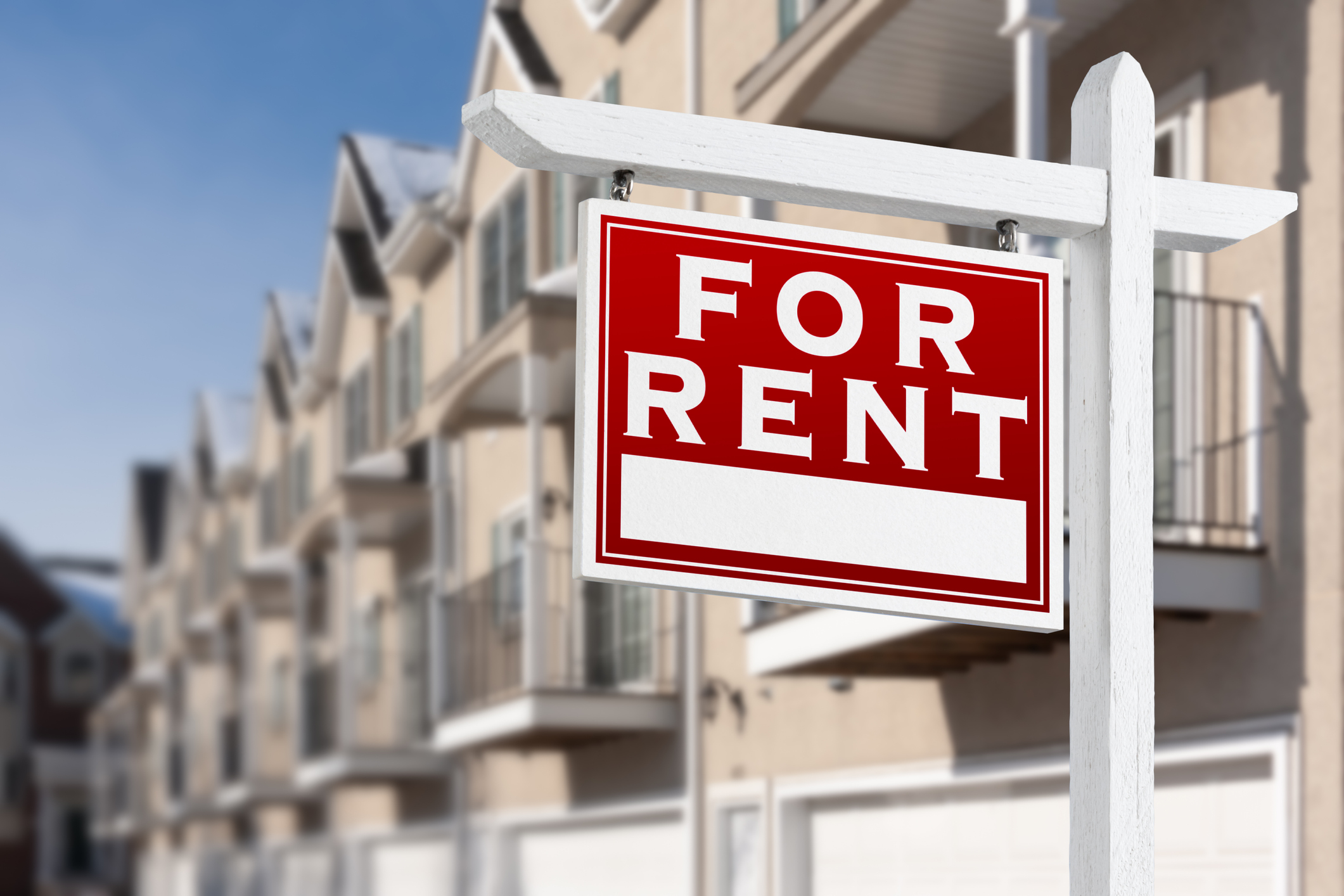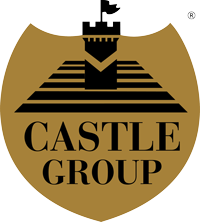Rentals 101: The Do’s and Don’ts of HOA Rentals
November 9, 2022

Being a part of a Homeowner’s association can provide a lot of upside to your resident experience. A lot of these perks that come with community living attract buyers, but also serve a double purpose: they also attract renters. In today’s market, the concept of an “Investment Property” is ever so prevalent, but as enticing (and lucrative) as it may seem, one must also keep in mind all the guidelines, rules and regulations that come hand in hand with community living. In order to maximize your relationship with your tenant and your HOA board alike, below are some Do’s and Don’ts to keep in mind when owning a rental property in an HOA.
Do: Have a clear understanding of your community’s rental opportunities.
Most HOAs have their own set of rules regarding short and long-term rentals. Before leasing your home to a new tenant, make sure you understand what is (and more importantly, what is NOT) allowed in your particular community. There are many resources made available to inform yourself of what these guidelines are. Your property manager or an association attorney should be able to walk you through the governing documents of your community, making sure your property is following all parameters and pointing you on the path to success.
Don’t: Default all payments to your tenant.
As a part of an HOA, you (the owner of the property) are required by law to pay the association dues. Some associations may allow the tenant to take over this responsibility while living in the property, but it is still under the landlord’s duties to make sure these payments are taken care of. A simple solution to this is to set a rent rate that already accounts for association dues and any extra homeownership fees. This can keep your tenant from running into any unwanted “surprises” while still meeting all the financial obligations.
Do: Maintain constant communication.
Both with your tenant, and your community. Another great way to maximize your relationships with both parties (even if you don’t live in the property yourself) is to maintain communication channels open. This shows your tenant that you care about their experience, and it shows your HOA Board) that you care about being a good steward of the community. Make sure to stay in the loop with any correspondence coming out of the neighborhood, and rallying any important information to your tenant.
Don’t: Neglect your tenants.
As you can see, communication is key! Make yourself available to stay in touch in case any issue may arise. Try to solve these in a timely fashion. Make sure your tenants get added to the HOA’s distribution list, this way they can be kept in the loop as well. This will help your tenant to feel supported by you as a landlord, which will directly correlate to higher satisfaction, leading to a higher inclination to take care of the property (and potentially renew the lease).
Do: Make sure your property is kept up to par.
A key element in community living is shared spaces. Your property sits on a shared space (and hence can directly affect your neighbors living conditions and the community at large). Neglecting your property can bring forth a plethora of cascading issues: dissatisfied tenants, lower home values, decreased curb appeal, and most importantly: violations from your HOA. Keeping up with your property will allow you to stay out of trouble with the community, maintain respect, and retain good tenants.
Don’t: Ignore an HOA violation.
Communities have many (and we mean MANY) CCRs (Codes, Conditions, and Restrictions). These can include anything from restrictions on parking to what can or cannot go on your lawn and even limitations on Christmas decorations. As the owner of the property, it is your responsibility to communicate these CCRs to your tenant and make sure your property is kept in compliance with the community guidelines. You can also ask your HOA to set your tenant up for notifications so that you may both be aware in case a violation were to be placed.
Do: Hire the right property manager.
As we mentioned at the start, property investing can be a very lucrative business; but just like any other business, it can turn into a full-time job. As the owner (and CEO of your rental business), you are in charge of maintenance, contracts, and marketing to make sure your investment yields the necessary profits. Instead of allowing your duties as a landlord to slack, you might want to consider a property management company to take over. This ensures all parties involved stay on the same page and can maximize their HOA living experience.
As exciting as owning an investment property can be, managing relationships, tenants, violations, rules and restrictions can sometimes be a daunting task. As leaders in the Property Management field, and with our trademark Royal Service, Castle Group is here to bring unparalleled property services to you and your community, making sure that excitement remains untainted. We encourage you to explore our website www.castlegroup.com/rhomerentals to learn more about what we can do for you.
Tags:
HOA Rentals

